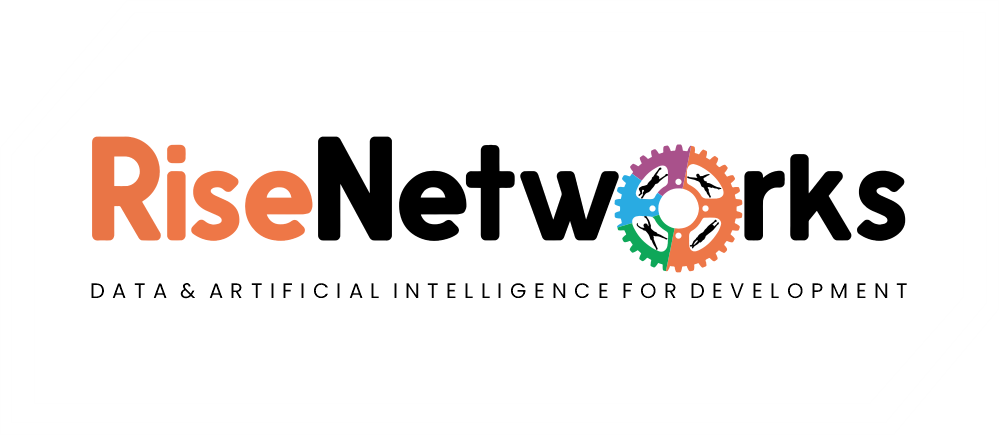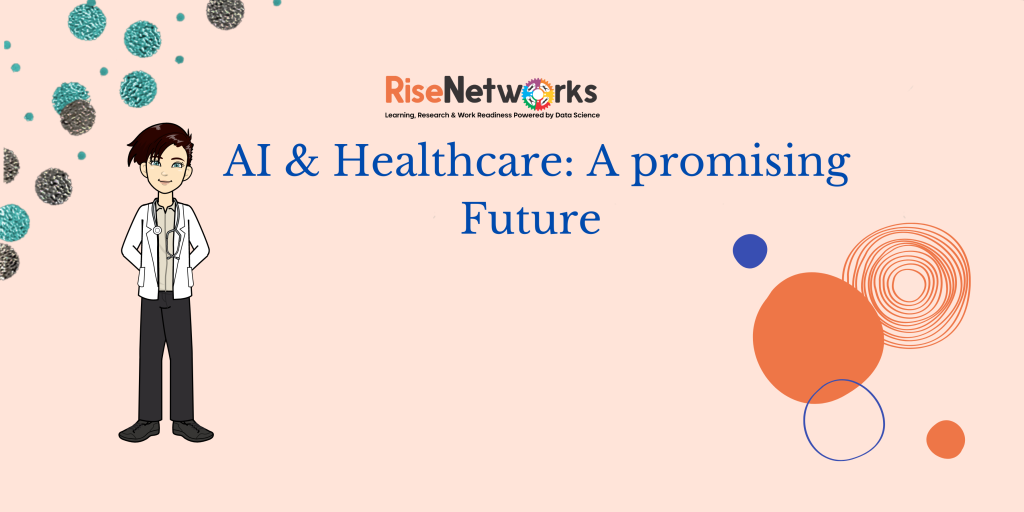The transformative power of artificial intelligence (AI) is rippling throughout many industries, but one in particular—healthcare—promises to be life-changing. AI applications are transforming how the health sector works to save spending and enhance patient outcomes, from hospital care to clinical research, drug development, and insurance.
The total investment in healthcare AI by the public and private sectors is staggering: According to some projections, it is predicted to reach $6.6 billion by 2021. Even more astounding, Accenture estimates that by 2026, the top AI applications would save $150 billion annually.
These advantages will emerge gradually, thanks to automated operations, precision surgery, and preventive intervention (thanks to predictive diagnostics), but they will radically alter the healthcare landscape as we know it within a decade.
AI has the potential to short-circuit the traditional methods to cut costs, improve treatment, and bolster accessibility in tandem. “What we see now is a path to unlocking that triangle so you can improve one side without breaking the other,” Safavi says.
The key to unlocking the current healthcare system’s cost-structure problem, he notes, lies in transferring time-consuming human tasks to machines, while enabling patients to self-service their care needs where possible. That will reduce the amount of human labour required to keep more people healthier.
Healthcare providers from major hospitals to drug manufacturers are taking note. More than one-third of provider executives said they were investing in AI, machine learning, and predictive analytics going into 2018, PwC found.
The impact of these investments will likely be realized first in the operational and administrative side of the healthcare system rather than the clinical side, according to experts. That fits with the likely evolution of AI in other industries, too, according to PwC, which analyzed more than 300 AI use cases and found “the majority of AI’s economic impact will come from the consumption side, through higher-quality, more personalized, and more data-driven products and services.”
As AI permeates more of the healthcare system, consumers may not even realize at first how it’s influencing their care because much of it may happen behind the scenes, says Dan Housman, chief technology officer at ConvergeHEALTH by Deloitte.
“They aren’t the ones reading the radiology report—a radiologist is,” Housman offers by way of example. But the patient may benefit without even knowing it, thanks to a more accurate initial diagnosis and a more effective treatment plan.
Here are some of the areas where AI is already starting to transform healthcare and others where experts expect it to revolutionize the sector in coming years.

